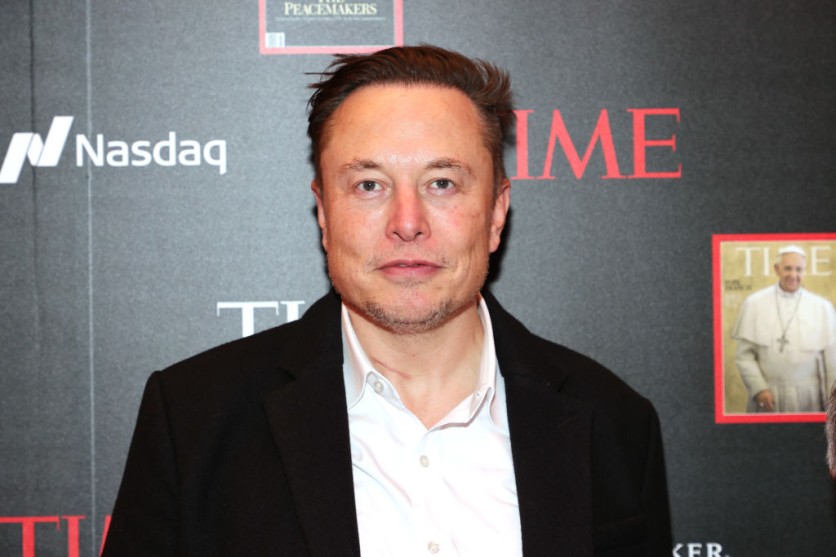
Billionaire and SpaceX's CEO Elon Musk stated that the company's internet service is available in Ukraine. The space firm will also send more terminals to the country to help stabilize the internet connection as it faces invasion from Russia.
SpaceX to Send More Terminal to Ukraine
Ukraine has suffered from internet disruptions these past few months as Russian troops advanced and released missiles that hit the country's key infrastructures.
NetBlocks, a monitoring group, said on Feb. 24 that disruptions had been tracked across most of Ukraine, including its capital city, Kyiv, according to The Verge.
On Saturday, Feb. 26, Musk was asked by a Ukrainian government official to give more of the space firm's Starlink stations to the country.
Mykhailo Fedorov, the vice prime minister of Ukraine and minister of digital transformation, said that while Musk is trying to colonize Mars, Russia is trying to colonize Ukraine. He added that Russian rockets attack Ukrainians while SpaceX rockets successfully land from space.
Fedorov asked Musk to provide Ukraine with Starlink stations and address sane Russians to stand. On Feb.26, Musk responded to Fedorov and said that Starlink service is now active in Ukraine and more terminals will be sent to the country.
Starlink wants to provide the world with faster and more stable internet, starting by improving the internet access in several parts of the world that are not currently served by broadband providers, according to CNBC.
The service will allow people to connect to the internet through a satellite dish that is placed on or near someone's property.
The internet is beamed down to the dish through a network of Starlink satellites that have been placed into orbit by the space firm and ground stations, according to Reuters.
Ukraine Internet Outage
On Feb. 23, Russian troops invaded Ukrainian borders. It started the largest troop mobilization in Europe in a generation.
Russian media attempts to cast the invasion as a response to Ukrainian aggression, on-the-ground reporting has played a part in countering the propaganda, with footage coming from journalists and amateurs on social media.
However, as the conflict between the two countries intensifies, many civil society groups are growing concerned about the possibility of direct attacks on the country's internet infrastructure.
Russia has been linked to DDoS attacks against Ukrainian government sites, but a full blackout would mean going further, using both physical and cyber weaponry to disable telecommunications infrastructure at the network level, and silencing the people of Ukraine in the process.
The invasion has reduced internet connectivity in some parts of Ukraine. Currently, the outages are centered around Kharkiv, the country's capital and its second-largest city. It is located in the northeast of Ukraine, around 25 miles from the Russian border.
The Internet Outage Detection and Analysis or IODA project at Georgia Tech reported that partial outages in Ukraine began just before midnight on Feb. 23. It continued into the morning of Feb. 24.
The outages affect the Triolan internet service provider, which services several cities and other areas across Ukraine, including Kharkiv.
According to NetBlocks, Triolan users had reported the loss of fixed-line internet services, but their cellphones still work.
Related Article: Russia-Ukraine Invasion Map Uses Twitter Post Updates! Here's How CIR's Tech Works and How To Use It
This article is owned by Tech Times
Written by Sophie Webster

![Apple Watch Series 10 [GPS 42mm]](https://d.techtimes.com/en/full/453899/apple-watch-series-10-gps-42mm.jpg?w=184&h=103&f=9fb3c2ea2db928c663d1d2eadbcb3e52)


